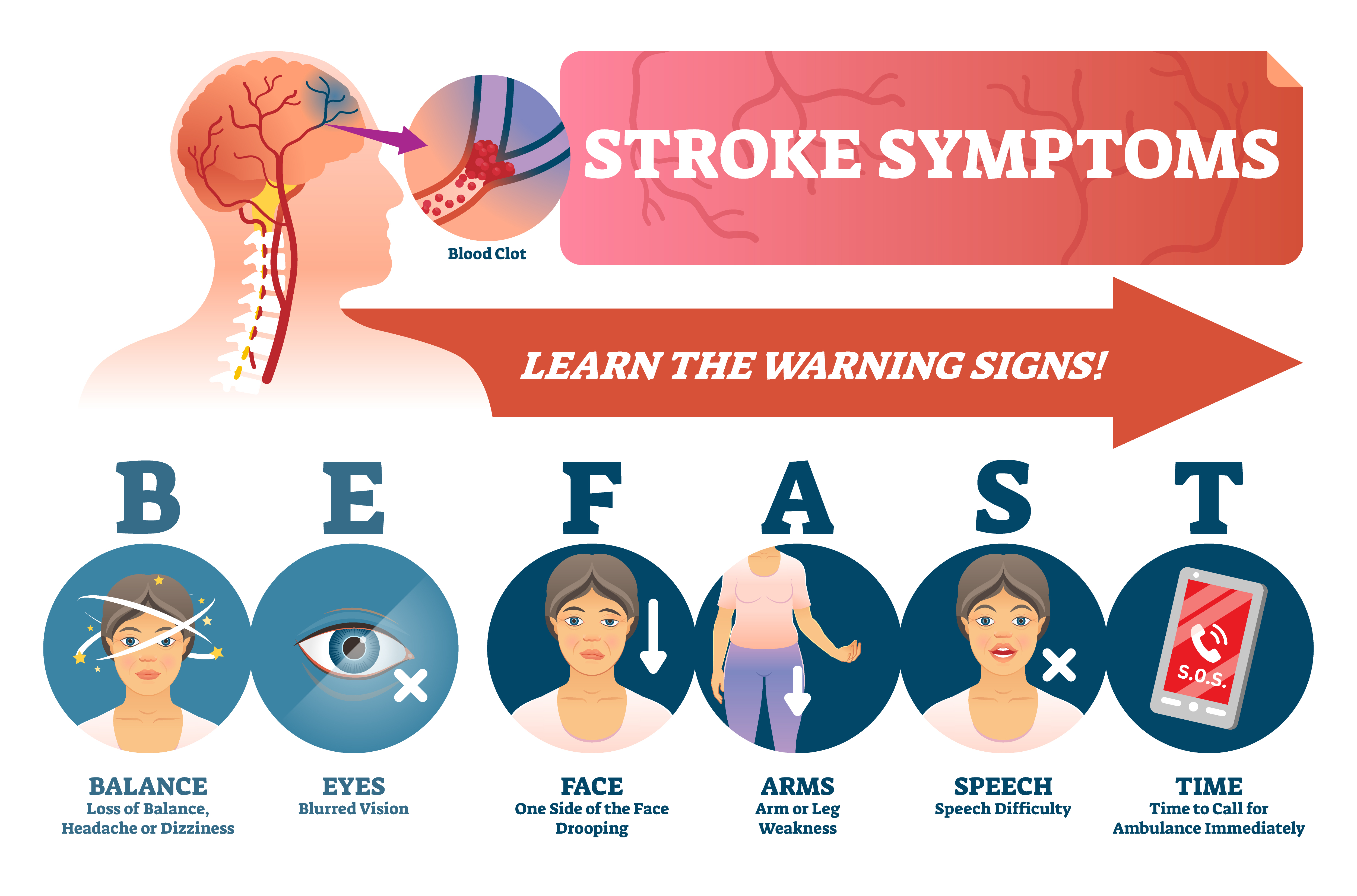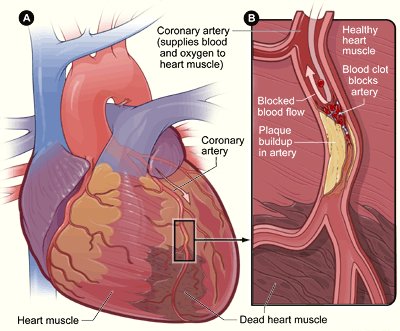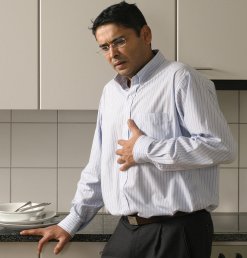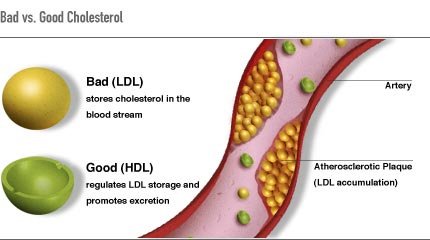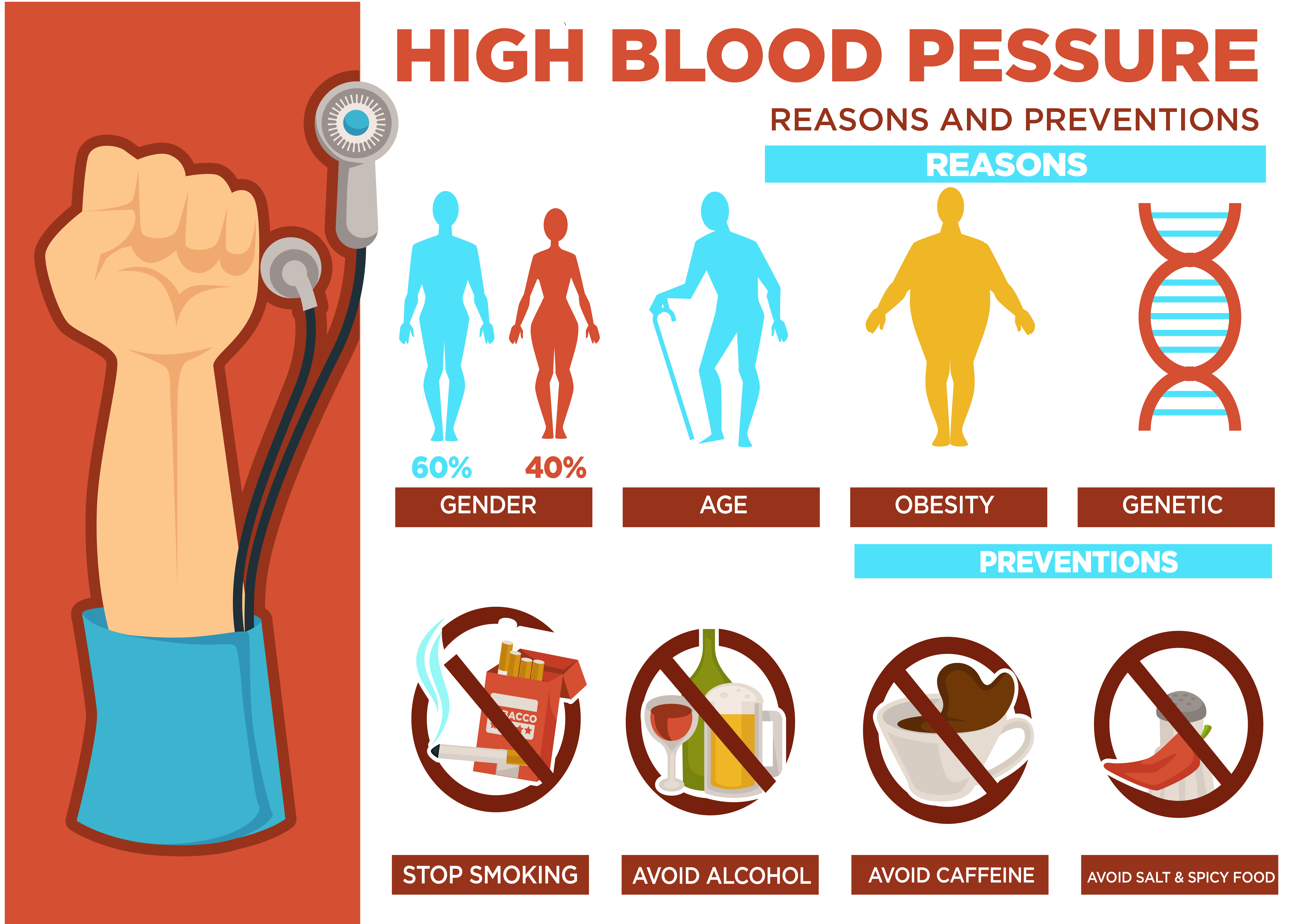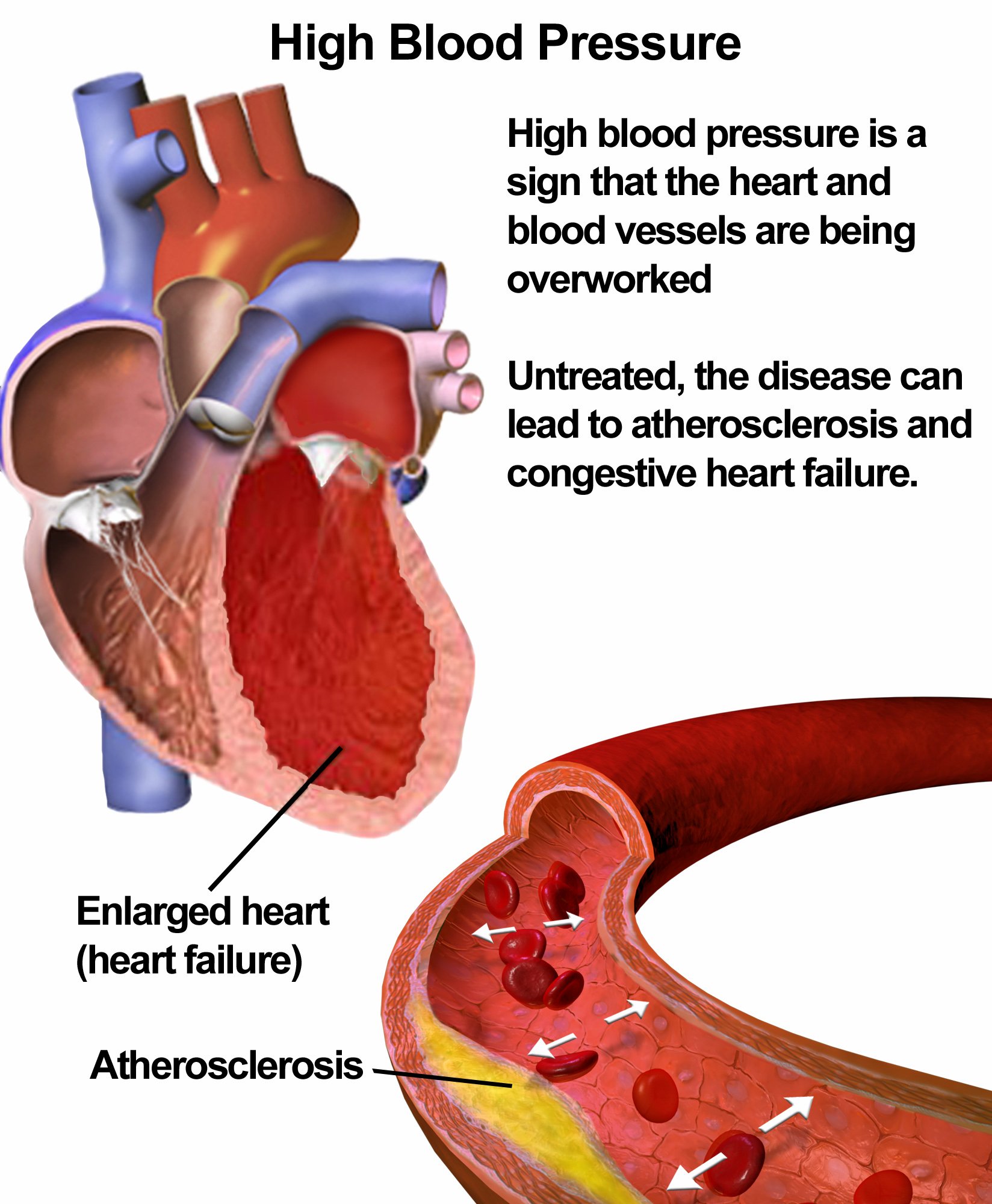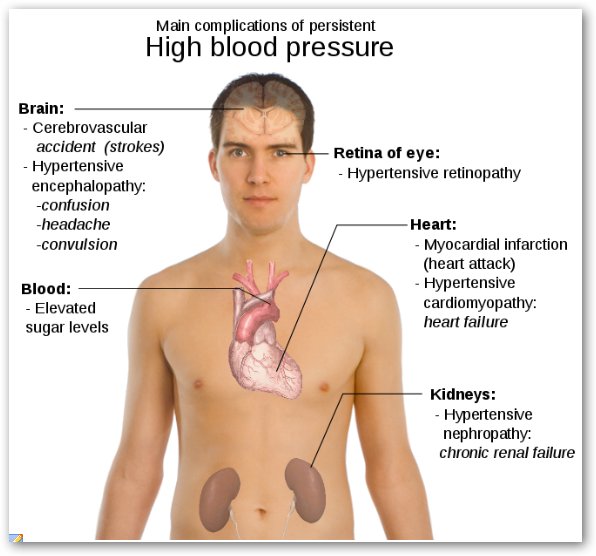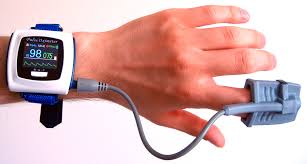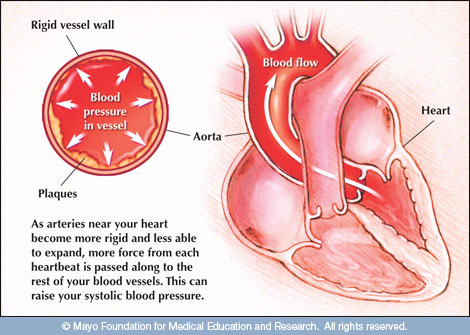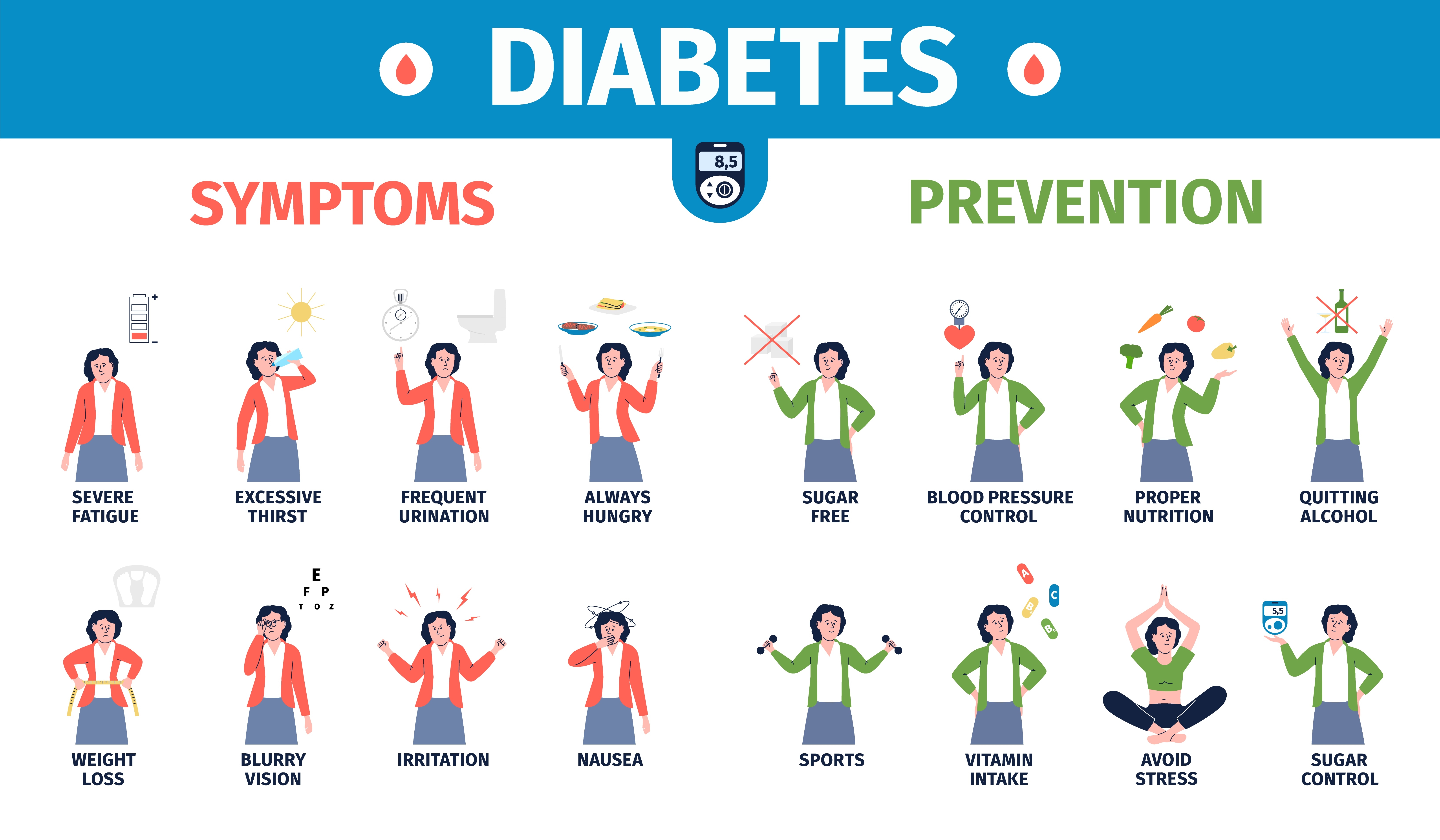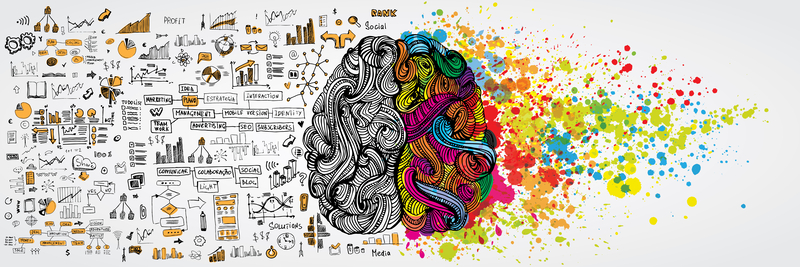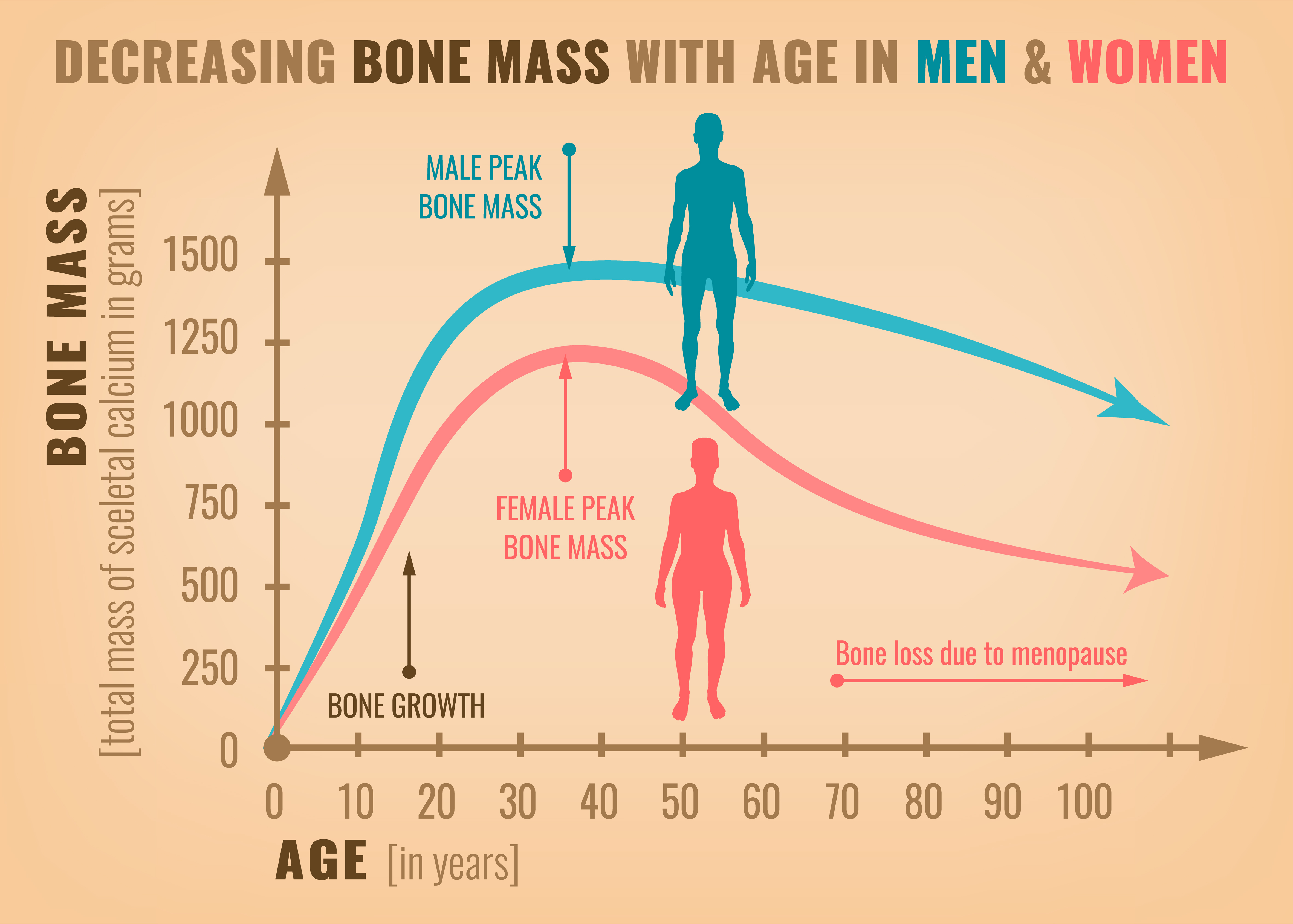What is a Stroke?
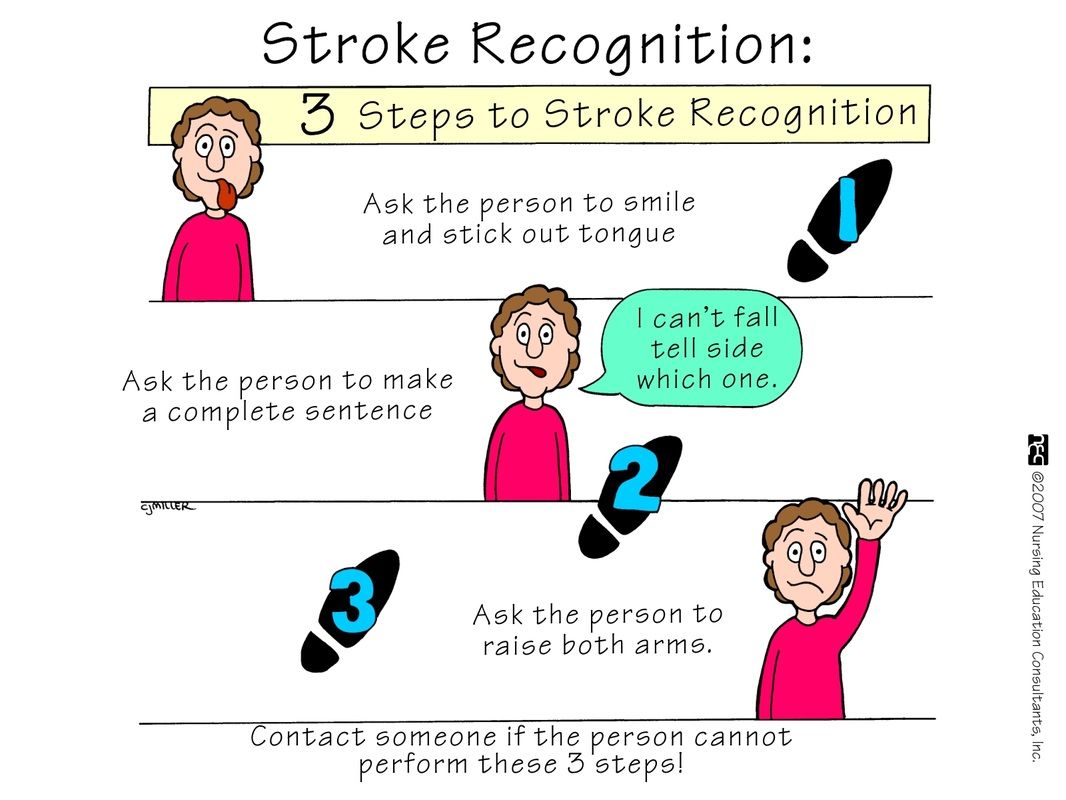
A stroke occurs when an area of the brain is damaged following interruption to its blood supply. This results in deterioration of the mental and physical functions controlled by that particular area.
WHAT IS THE CAUSE OF STROKE? 中风的原因
There are 3 main stroke causes:
- Thrombosis: a clot forming in the artery to the area
- Embolus: a small clot from elsewhere blocking the artery
- Haemorrhage: bleeding into the brain, unlike others where the artery is blocked
Some common underlying causes are high blood pressure and hardening of the arteries, atherosclerosis.
WHAT ARE THE SYMPTOMS OF STROKE? 中风的症状
The stroke symptoms depend on the area of the brain affected and the cause. A haemorrhage usually has a sudden onset and a less favourable outlook. Sometimes a stroke is mild and the effects pass off in a day or so.
Signs of a stroke include:
- Unconsciousness
- Confusion
- Loss of power of speech
- Loss of movement of part of the body, example is on one side of the body
- Double or blurred vision
- Difficulty understanding questions
- Dizziness
- Difficulty walking or using arms
- Numbness on one side of the body
WHAT IS A TRANSIENT ISCHAEMIC ATTACK?
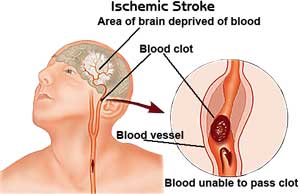
This is a transient loss of function due to a temporary blockage in the artery. It is usually caused by a small embolus and the patient recovers in a period ranging from a few minutes to 24 hours, average time 5 minutes. It can be a warning of an impending stroke, and so it needs urgent medical attention.
HOW COMMON ARE STROKES?
They are very common, especially in people over 65 years and more so in males. In western countries they are the third commonest cause of death and after heart attacks the second commonest cause of death. Those at special risk are those with high blood pressure, diabetes or high blood cholesterol and heavy smokers.
WHAT IS THE OUTCOME OF STROKES?
About 1/ 3 recover almost completely, one third have some permanent disability and 1/ 3 will die.
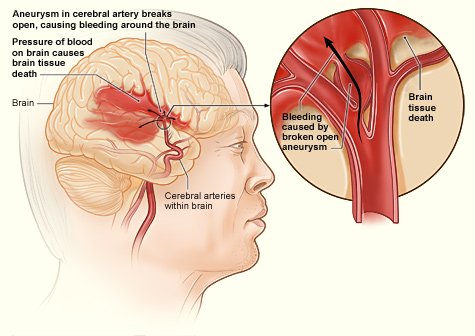
HOW CAN STROKES BE PREVENTED? 如何预防中风?
The risk factors need to be checked, especially high blood pressure, which must be kept under control. Other things to do are avoid smoking, avoid excessive alcohol intake, eat a low-fat healthy diet, keep to ideal weight and have regular exercises.
If you have been found to have hardening of the arteries to the brain, you may be advised to have tablets to prevent blood clots forming. Aspirin can do this, and only a small dose is needed. Garlic tablets are reported to help prevent clots, and special blood- thinning tablets called anticoagulants can be prescribed.
SURGERY
If a person has partially clogged arteries to the brain, the carotids, it may be possible to clean them out rather like a brush cleaning out a chimney. This is a good option in some patients, especially in those who have had transient ischaemic attacks.
WHAT IS THE TREATMENT FOR STROKE?
Once the stroke has occurred, the brain tissue will not heal normally. Even though the person has survived, it is important to still attend to the risk factors, especially checking the blood pressure. Intense rehabilitation to get limbs and speech working again will begin. This involves a team approach with the physiotherapist being the key person. The results are usually a pleasant surprise to all concerned, with a gradual improvement occurring over at least 2 years.
Heart Health - Coronary Heart Disease, Learn what is Angina and Stroke, as well as How to Lower Cholesterol
|
Reducing Stroke Risk 降低中风风险 |
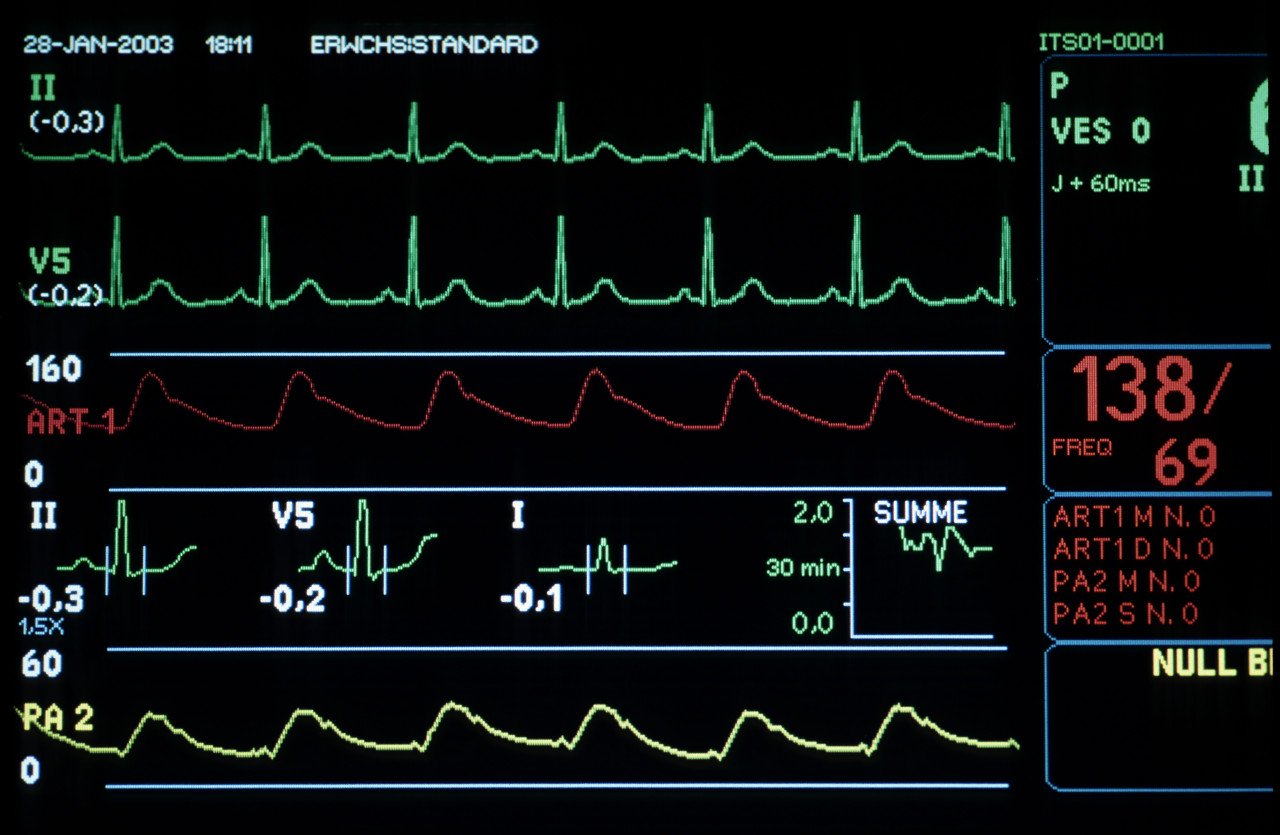 |
Here are some pro-active actions you can take to safeguard your health and reduce your risk of cardiovascular complications.
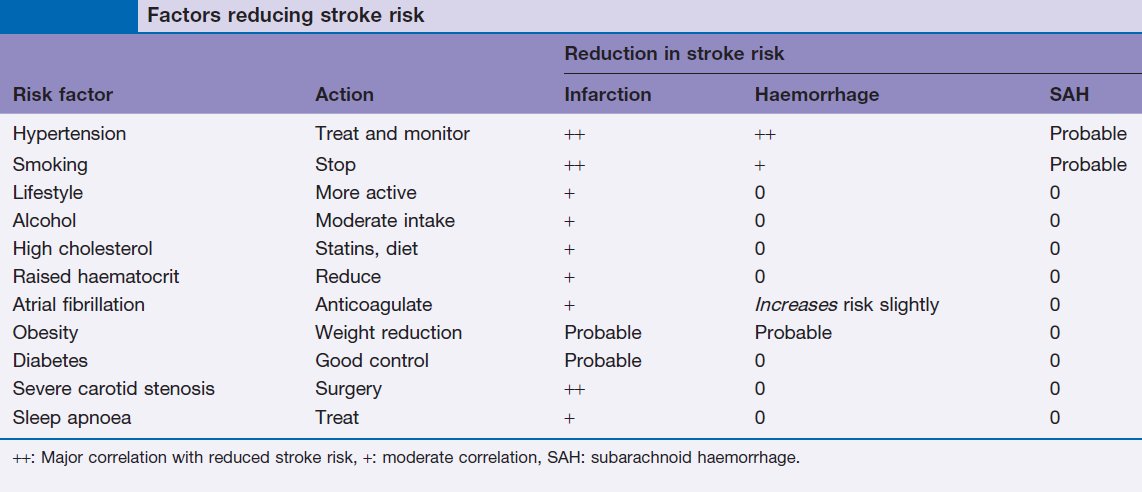
Please seek Medical attention as soon as possible if you are unsure of you or your family's health condition.
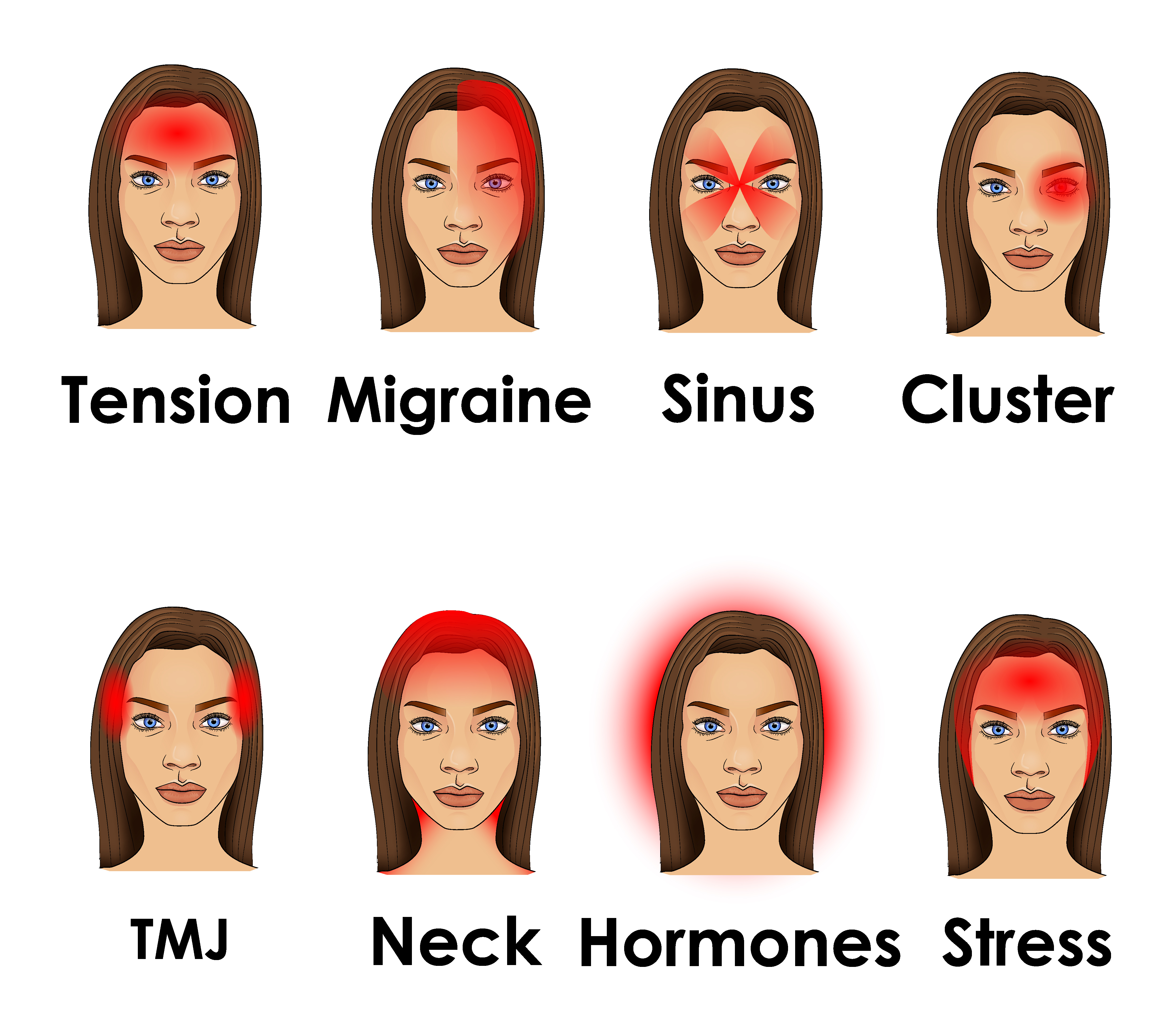
Jill Bolte Taylor's stroke of insight
Neuroanatomist Jill Bolte Taylor had an opportunity few brain scientists would wish for: One morning, she realized she was having a massive stroke. As it happened -- as she felt her brain functions slip away one by one, speech, movement, understanding -- she studied and remembered every moment. This is a powerful story about how our brains define us and connect us to the world and to one another.
Hypertension Symptoms & Treatment, Blood Pressure monitoring, BP Chart
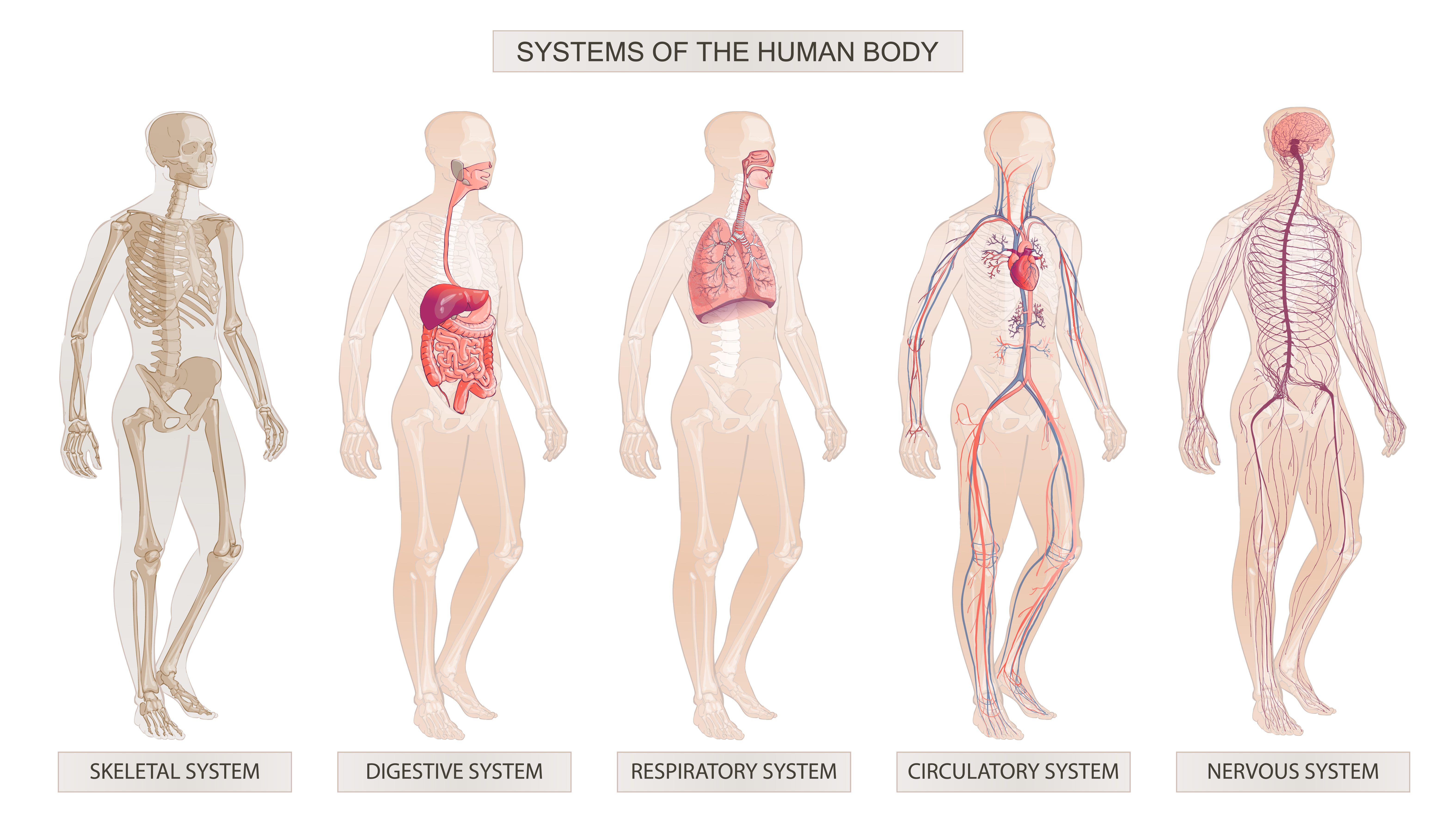
Healthy Aging 健康老龄化
The information provided in this website is for knowledge purposes only. It does not constitute medical advice.
Should you encounter any medical problem that you are unsure of, always consult your doctor or health care provider for assistance and medical advice.
